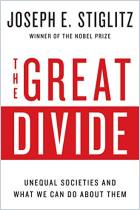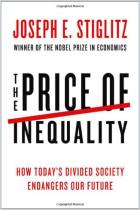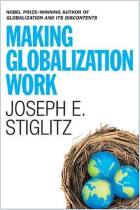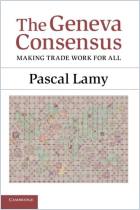
Read offline
Recommendation
Just about every major gathering of world leaders draws determined, often violent, protests against globalization. If you wonder why, Joseph E. Stiglitz’s book explains ample reasons. The Nobel Prize-winning economist follows up on his 2002 book, Globalization and Its Discontents, with further analysis of pressing economic, political and environmental concerns, and the conflicts they engender between developing and developed countries. He doesn’t just dwell on the dreadful problems he outlines in such knowledgeable detail. He also offers remedies and reforms, though some seem quite idealistic for a notable economist who sees so clearly what has gone wrong. His book is densely packed with data, case studies and facts, but Stiglitz intersperses the dry material with thoughtful asides on the questions of morality and equity that globalization must answer. getAbstract finds that his book will enlighten readers about the challenges and consequences of globalization on humankind’s one and only planet.
Summary
About the Author
Nobel Prize-winning economist Joseph E. Stiglitz chaired the Council of Economic Advisors during the Clinton administration and was chief economist at the World Bank. He teaches at Columbia University.























Comment on this summary or Démarrer une discussion